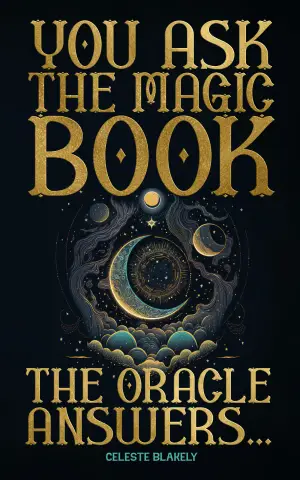Review of The Six Disciplines of Strategic Thinking by Michael D. Watkins
As an avid reader with a keen interest in leadership and strategic thinking, I was drawn to The Six Disciplines of Strategic Thinking by Michael D. Watkins. Having previously read his acclaimed work The First 90 Days, I was excited to see how he would expand on the theme of effective leadership in this new title. The promise of a practical guide packed with actionable frameworks for aspiring leaders caught my attention, especially in today’s ever-changing business landscape.

Watkins introduces six key disciplines—pattern recognition, systems perspective, mental agility, structured problem-solving, visioning, and political savvy. Each discipline is skillfully explored, offering readers both theoretical insights and practical applications. The book is well-structured, making it a smooth and enjoyable read, exactly as other readers have mentioned. Ramon Perez emphasized how the book approaches strategic thinking, an often underexplored topic in higher education, enabling us to generate ideas and understand their execution better.
One of the standout features for me was the emphasis on pattern recognition as a crucial skill for leaders. Steven M. Leonard eloquently described it as the ability to navigate complex data and discern meaningful patterns—an essential skill in the modern decision-making process. I couldn’t agree more. The way Watkins presents this discipline provides readers with tools to sift through overwhelming information and arrive at informed decisions, which is paramount in a competitive environment.
However, while the majority of the content resonates with key leadership qualities, I did find that some aspects felt a bit oversimplified. A review by Esther pointed out that, while the six disciplines are valuable, they might not be delved into as deeply as one would hope, especially for those who aren’t regularly engaging in strategic thinking. I understand that the intention is to make the content accessible, but I believe a bit more depth in application—particularly in how to integrate these theories with teams—would have enriched the reading experience even further.
On a more positive note, I appreciate the emphasis on practical exercises interwoven throughout. Lambert Jean-Pierre highlighted this as a distinguishing factor that elevates the book from mere theory to a hands-on guide, which I found incredibly beneficial for self-guided learning. This blend of insights and exercises keeps the material engaging, allowing readers to think critically about how to apply what they learn.
In terms of readability, Watkins does a fantastic job of breaking down complex concepts into digestible segments. This aligns with customer feedback regarding the book’s accessibility, making it a great choice for both seasoned strategists and those newer to the field. The supplemental PDF that accompanies the audiobook is another helpful feature, providing visual aids that further clarify the material.
Yet, there were moments when I felt certain chapters, especially those discussing structured problem-solving, could be more fleshed out to include diverse perspectives. Michael A. Butera indicated a preference for more contemporary frameworks in today’s complex world, and I share that sentiment. While the VOCA (Volatility, Uncertainty, Complexity, Ambiguity) framework presented is valuable, considering alternative frameworks might have enhanced the overall discourse.
Overall, The Six Disciplines of Strategic Thinking lives up to its reputation as a comprehensive guide for aspiring leaders. It inspired me to think strategically in ways I hadn’t before, equipping me with useful mental tools for recognizing and navigating potential threats and opportunities. If you are looking to elevate your leadership approach and hone your strategic thinking skills, this book is undoubtedly worth your time.
In conclusion, I wholeheartedly recommend The Six Disciplines of Strategic Thinking. While I acknowledged a couple of drawbacks, the wealth of actionable insights and clarity provided overwhelmingly meets my expectations. For anyone keen on developing their strategic prowess, this book is a valuable addition to your reading list. A firm 4.5 out of 5 stars from me!







